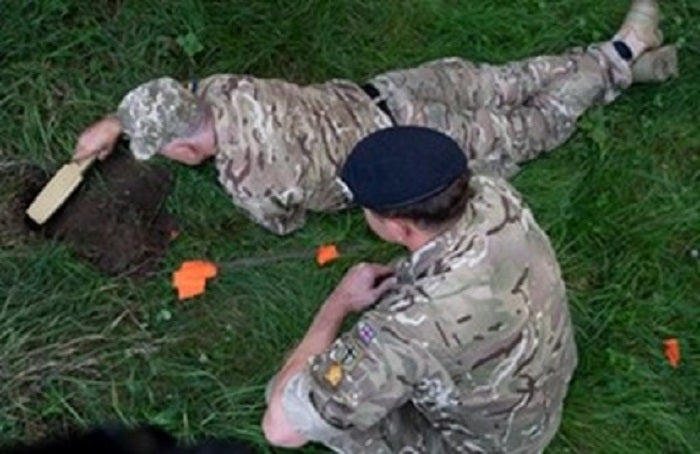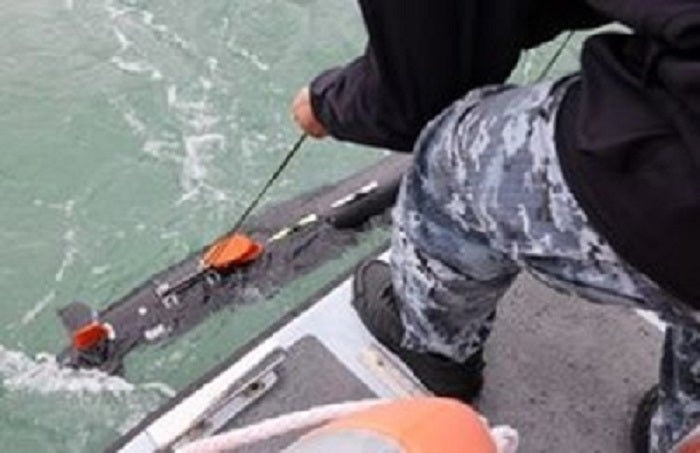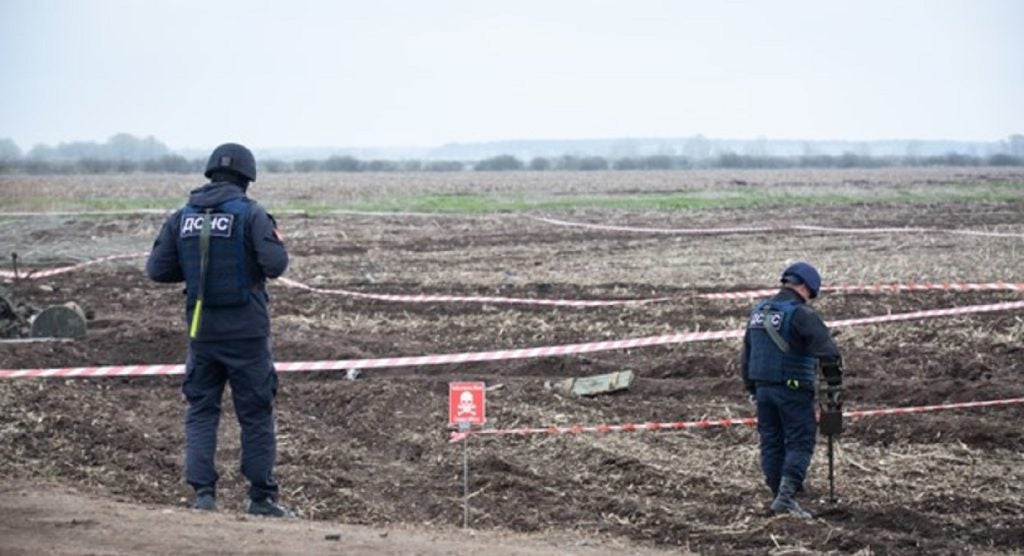Royal Engineer sappers in the British Army will train vital mine disposal skills to Ukrainian combat engineers in Poland, the UK Ministry of Defence (MoD) announced on 25 September.
Active mines, munitions and other explosive ordnance are one of the most pervasive threats to the safety of civilians and military personnel alike. The United Nations reports that one third of Ukrainian territory is littered with unexploded ordnance.
The UK MoD asserts that it is “critical to the success of the ongoing counteroffensive that Ukraine has the resources to deal with mines".
According to an update from the Institute for the Study of War on 4 September, Russian forces have diversified their range of explosive ordnance to make up for its lack of mines.
While minefields near the next series of Russian defensive positions in western Zaporizhia are less dense than initial layers, they still pose a formidable threat as the invading forces have begun to compensate for decreased minefield density by increasing the effectiveness of anti-tank mines by placing two on top of each other.
According to Human Rights Watch, an investigative research agency reporting on abuses around the world, the 1997 Mine Ban Treaty prohibits anti-personnel mines, but not anti-vehicle mines or command-detonated (remote-controlled) mines.
The British Army’s latest mine disposal training comes just after the Lithuanian Minister of National Defence, Arvydas Anušauskas, called for the international community to strengthen its Demining Coalition for Ukraine at the latest Ukraine Defense Contact Group.
British Army mine disposal training package
Through this latest and tailored training package, Royal Engineers will teach soldiers munition recognition, disposal methods and search procedures to counter improvised explosive devices (IEDs), mines, booby traps and trip wires.
Training will include how to conduct a threat brief, plan mine-disposal operations, and practical lessons on how to clear vast swathes of land as well as trench systems, bunkers and civilian buildings. Final assessments involve search teams covering a complex area with a designated commander.
The British Army have also donated 1,500 Vallon detectors and personnel mine extraction kits. Ukrainian troops will also be taught how to adapt the equipment they have available on the front line.
“The Royal Engineers are using their world-leading experience to train Ukraine’s bomb disposal experts,” the recently inaugurated UK Defence Secretary Grant Shapps stated. “[Ukrainian troops] can pass on these lifesaving skills to their own recruits and ensure a safer future for all Ukrainians.”

The current status of UK military assistance to Ukraine
As it stands, the UK has committed £4.6bn ($5.6bn) worth of military military assistance to Ukraine, making it the second largest donor after the United States, a country that has provided $43bn since the invasion began in February 2022.
The UK is also hosting a training programme (Operation Interflex), which is supported by several allies, with the aim of training 30,000 new and existing Ukrainian personnel by the end of 2023.
Britain has recently committed to training Ukrainian fast jet pilots but has said that combat fighter aircraft will not be provided, at least in the short term. The UK is also providing Storm Shadow long-range precision strike missiles alongside France.
Moreover, the British Army’s latest training package is not the first instance of its mine-clearance support. At the end of August, the MoD announced that the Royal Navy and the US will train dozens of Ukrainian personnel how to use autonomous mine-hunting vehicles.

Six vehicles will be sent to Ukraine to help detect Russian mines in the waters off its coast. Three of these will be provided from UK stocks, with a further three to be purchased from industry.









